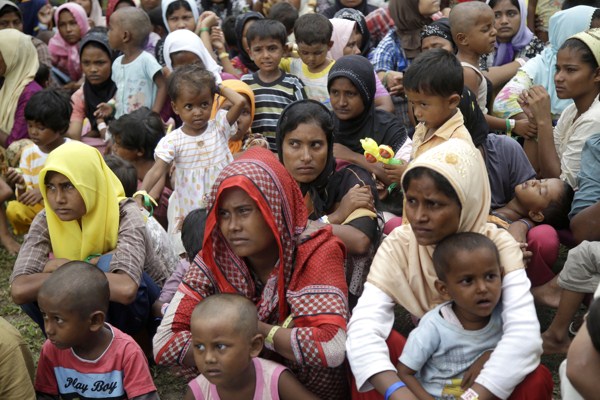Over the past month, as many as 8,000 migrants from Myanmar and Bangladesh found themselves adrift at sea off the coasts of Thailand, Malaysia and Indonesia without adequate water, shelter and food. They were primarily Rohingya refugees seeking asylum from persecution in Myanmar and impoverished Bangladeshis searching for economic opportunities.
The plight of these men, women and children was the result of a short-lived but dramatic crackdown by Southeast Asian states in early May on the movement of refugees and migrants into their territory by smuggling networks. That resulted in what one observer from the International Organization for Migration described as a highly dangerous game of “maritime ping pong.”
The states involved denied responsibility for the individuals in breach of both international refugee norms and basic humanitarian principles. While Malaysia, Thailand and Indonesia have in recent weeks agreed to temporarily accept the stranded refugees and migrants, the problem of desperate boat people in the region remains intractable. It cannot be solved without addressing its root causes, most of all in Myanmar.

